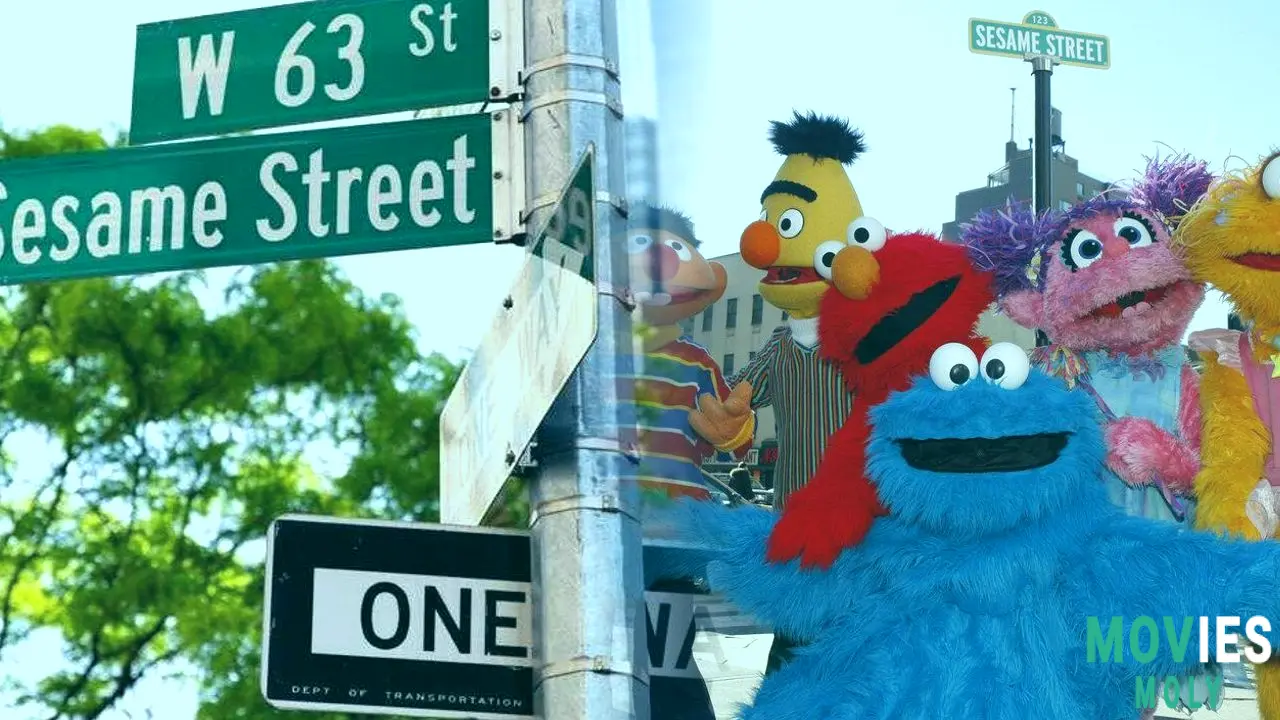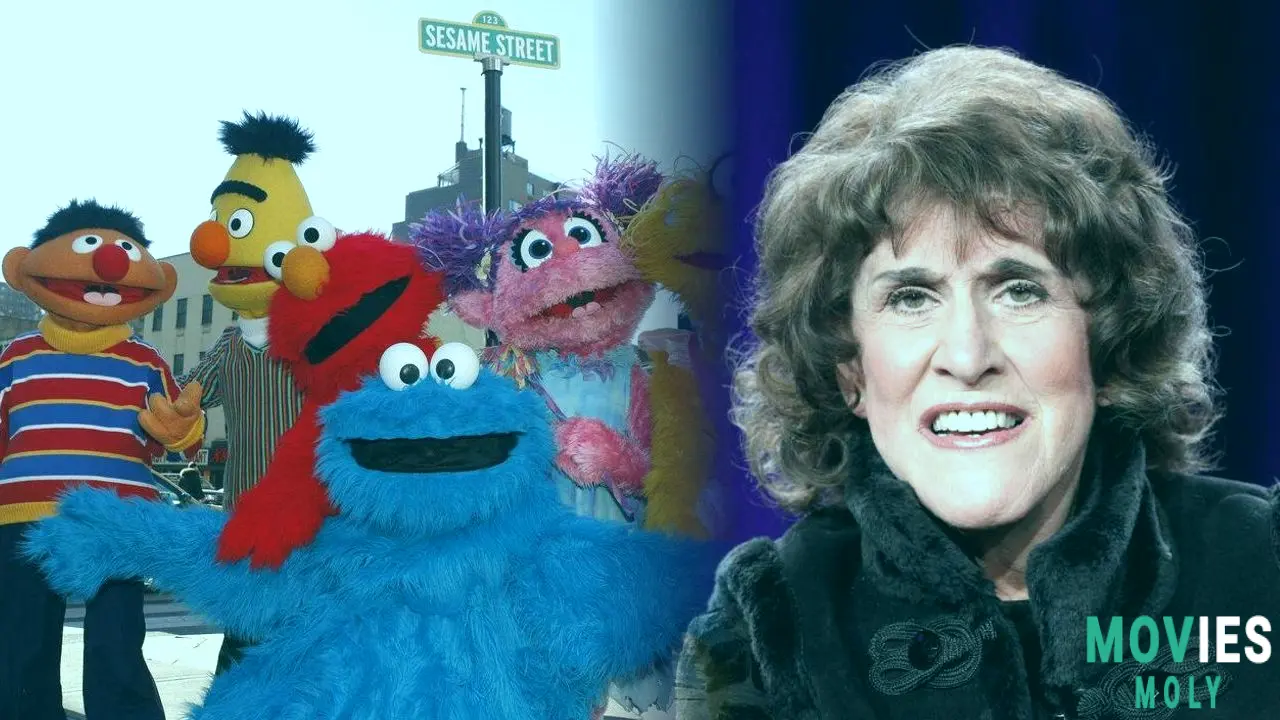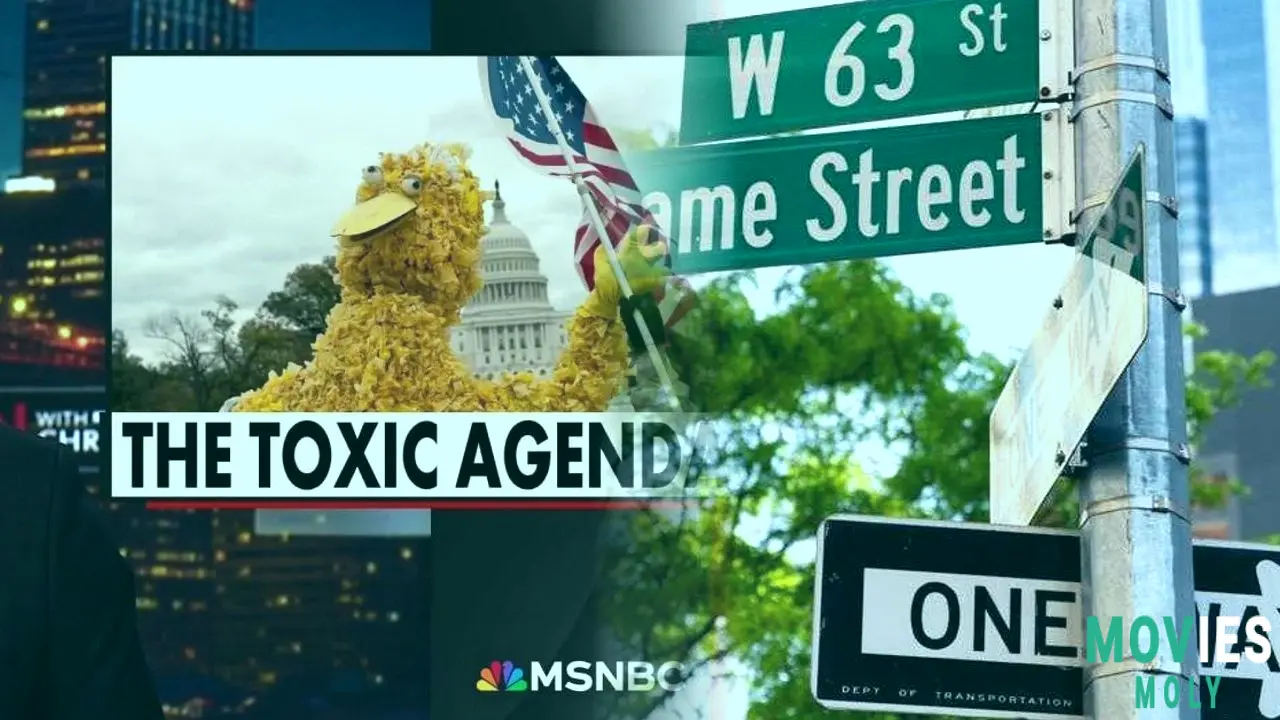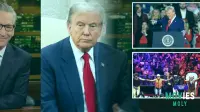Imagine a world where the fiercest political commentary comes not from cable news, but from a puppet standing in a trash can. For decades, Sesame Street has been quietly — and brilliantly — taking stands beneath its rainbow-colored, kid-friendly surface. The children's show that taught multiple generations how to read, count, and share has also been delivering one of the most enduring forms of cultural resistance in American history. And for one man in particular, that resistance came in the form of a character named Donald Grump.
How a Trash-Talking Grouch Became One of Trump’s Biggest CriticsFew people outside political journalism circles have been skewered by satire as subtly and persistently as Donald Trump has by Sesame Street. Long before the age of Twitter storms and late-night monologue takedowns, children's programming was planting its flag in the ideological trenches. The Daily Beast and other outlets have pointed to a strikingly sharp theory behind Trump’s aggressive moves to defund PBS and NPR: he wasn’t mad about “woke” content. He was mad about puppets.
Enter Donald Grump, a trash-hoarding, egotistical Grouch whose origins date back to the late 1980s. Originally introduced as Ronald Grump — a “famous Grouch builder” who tried to con Oscar the Grouch into giving up his trash can for a glittery junkyard condo called “Grump Tower” — the character was more than just a lazy parody. He was a mirror reflection of the kind of deal-making and ego-driven bluster that Sesame Street knew kids (and adults) could see through.
Sesame Street’s Hidden Easter Eggs Are Actually Cultural Weapons

What makes the Grump saga so fascinating — and so effective — is how Sesame Street turned children’s storytelling into a community-powered superhero origin story. When Oscar gets trapped in a shady contract with Grump, he can’t escape on his own. But with the help of the Sesame Street residents, the trashy tycoon is outsmarted and run out of town. It’s a simple plot, but one loaded with subtext about solidarity, critical thinking, and resisting manipulative schemes.
For the show's 25th anniversary in 1994, they even brought in Joe Pesci to reprise a Grump-like character—this time speaking directly to the puppets' (and viewers') savvy. In a chillingly familiar twist, Grump pitches “Grump World” as a shiny upgrade, only to reveal it’s just a ploy to profit off the community. When the Muppets don’t buy it, he threatens them with eviction. Sound familiar? It’s satire with a scalpel, and it landed squarely in the cultural zeitgeist.
One Muppet’s Trashy Apprentice Parody Became a Political Flashpoint

Fast forward to the early 2000s, and Grump evolved into Donald Grump — complete with burnt-orange hair, ill-fitting suits, and a desperate need to one-up everyone in “trashiness.” In a parody of The Apprentice, Grump invites Elmo and a few other Grouches to compete for a job. But of course, the plan isn’t real. When Elmo wins by being competent, Grump fires him, unable to accept success from someone who doesn’t fit his broken brand.
This bit wasn’t just funny; it was prophetic. It transformed a children's show into a kind of myth-making platform, where moral clarity and emotional intelligence (Elmo) squared off against ego and manipulation (Grump). And for a figure like Trump, who thrives on image control and persona management, being outwitted by a puppet wasn’t just embarrassing — it was existential.
Behind the Muppets: The Power of Sesame Street’s Community and Courage
What separates Sesame Street from most other children’s programming is its unwavering commitment to community. When Oscar needed help, the neighborhood didn’t abandon him. They gathered, they solved the problem, and they made sure Grump didn’t come back. That message — that community matters, that we can outsmart greed and ego with cooperation and kindness — is the real superpower of Sesame Street.
It’s the same kind of power that kept the show relevant for nearly 60 years. Behind every counting lesson and alphabet song is a belief that education, empathy, and resilience can change the world. And if that means creating a character like Donald Grump to stand in the way of those values, then so be it.
Sesame Street Doesn’t Just Teach Kids — It Equips Them to Be Heroes
In a world obsessed with spectacle and shock, Sesame Street has been delivering subtle, sustained cultural commentary through a cast of puppets and human friends. It’s the kind of legacy that doesn’t just survive politics — it outlives them. While blockbuster franchises fight over who can be grittier or flashier, Sesame Street quietly shows up with a different kind of heroism: one built on community, creativity, and conscience.
So next time you hear about puppets pulling punches, remember Donald Grump. He may have had more trash than anyone else, but he didn’t have what really matters — a community that refused to be bought, fooled, or fired.





